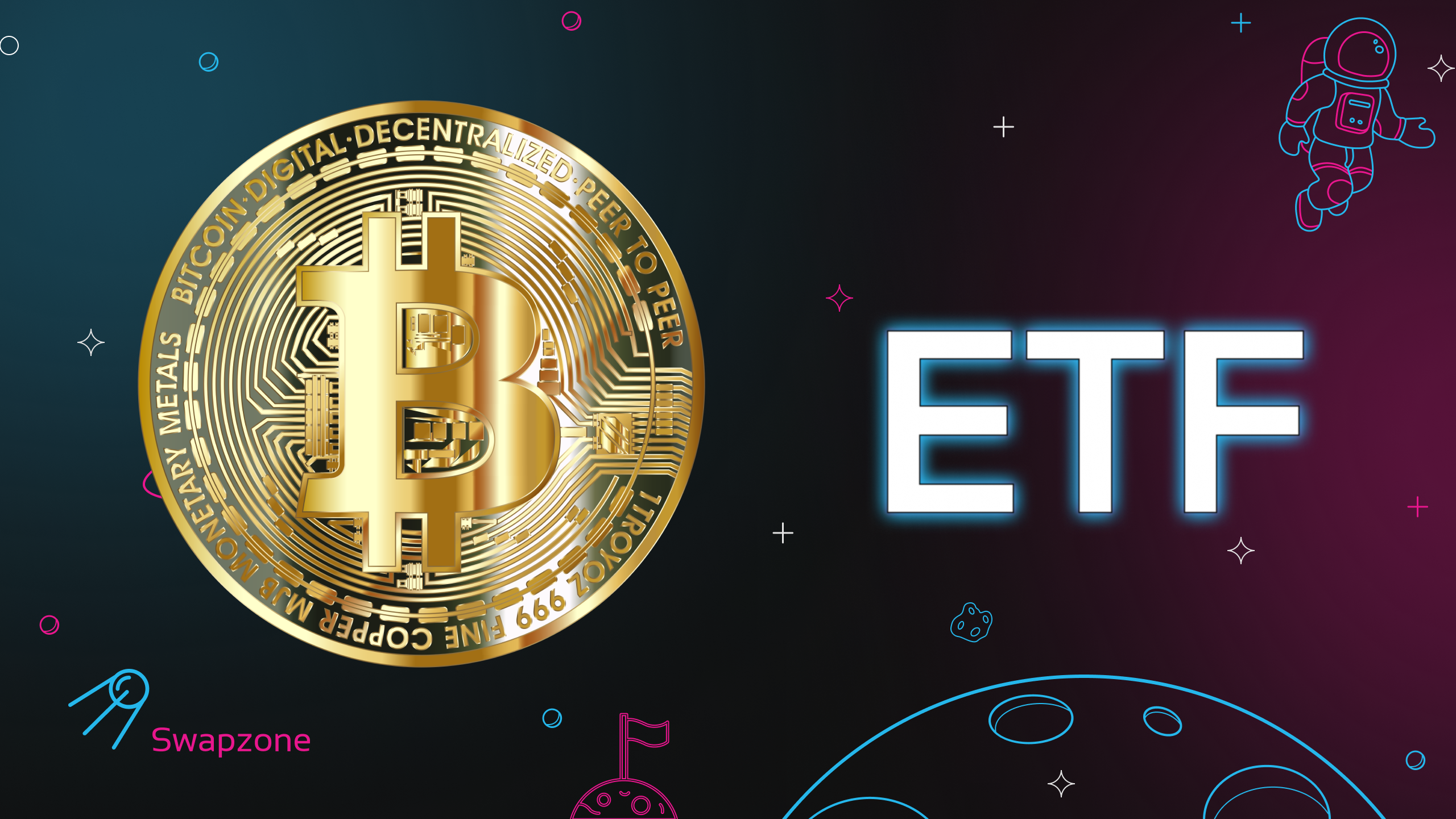Summarize with AI
The landscape of cryptocurrency is undergoing a seismic shift with the recent approval by the U.S. Securities and Exchange Commission (SEC) for investment companies to offer “spot bitcoin” exchange-traded funds (ETFs). This long-anticipated decision has sparked a myriad of discussions and debates within the crypto community and the broader financial realm. In this article, we delve into the ramifications of the SEC’s approval, exploring its potential impact on Bitcoin investments and the crypto landscape as a whole.
SEC’s Approval and Investor Accessibility
The SEC’s approval is a watershed moment for the cryptocurrency market, as it opens the door for investment companies to offer ETFs tied to the price of Bitcoin. This move is anticipated to make Bitcoin investing more accessible to Main Street investors, allowing them to participate in the cryptocurrency market without directly owning the digital asset. The approval comes from SEC Chair Gary Gensler, emphasizing the agency’s wariness about the risks associated with Bitcoin and crypto-related products.
Bitcoin’s Volatility and Market Conditions
Bitcoin, being a volatile asset class, has witnessed significant price fluctuations throughout its 15-year history. After reaching an all-time high of nearly $69,000 in November 2021, it experienced a sharp decline below $17,000 during the “crypto winter” of 2022. Leading up to the SEC’s decision, Bitcoin had been trading predominantly above $45,000. Following the news of the SEC’s approval, the price of Bitcoin saw a modest increase, underscoring the market’s sensitivity to regulatory developments.
Bitcoin ETFs : A Step Back to CeFi?
The approval of Bitcoin ETFs, while seemingly offering a more accessible gateway for investors, has triggered concerns among crypto enthusiasts as it signifies a step back towards financial centralization, challenging the foundational principles of cryptocurrency. The fundamental ethos of cryptocurrencies, particularly exemplified by Bitcoin, has been decentralization – a departure from traditional financial structures and centralized control.
Crypto enthusiasts, who have long championed the ethos of peer-to-peer transactions and trustless systems, express apprehension over the potential consequences of financial centralization. The worry is that this move could pave the way for increased market manipulation by institutional investors, eroding the level playing field that decentralization seeks to establish. The fear of price manipulations, a concern shared by many within the crypto community, stems from the idea that institutional involvement may lead to larger-scale trading activities that could impact the price dynamics of Bitcoin and, consequently, other cryptocurrencies.
This sentiment reflects a broader philosophical debate within the crypto space, questioning the balance between mainstream adoption and the preservation of the decentralized principles that are the basis of cryptocurrencies. As regulatory authorities navigate the integration of crypto into traditional financial systems, the tension between accessibility and the preservation of decentralization remains a critical point of discussion among crypto enthusiasts.
However, whether investors choose to engage directly with Bitcoin or opt for the convenience of ETFs, the inherent volatility of the cryptocurrency seems to remain the same. SEC Chair Gary Gensler, emphasizing the risks involved, recently discussed the historical insolvency and volatility of major platforms and crypto assets on social media platform X. This cautionary perspective is echoed by financial advisers and investor watchdog groups, who express deep concerns about the inherent risks associated with the crypto market.
Positive Reaction from Stakeholders
Despite inherent volatility of Bitcoin, there are ton of voices within the crypto community expressing optimism about the SEC’s decision. However, Sheila Warren, CEO of the Crypto Council for Innovation, sees the spot Bitcoin ETF as a bridge between traditional finance and the crypto world. She believes that allowing investors to participate in the Bitcoin journey without the technical hurdles of direct ownership is a significant step towards inclusivity.
The approval of exchange-traded funds (ETFs) tracking the price of bitcoin by the U.S. Securities and Exchange Commission (SEC) is a transformative development with profound implications for the crypto landscape. This regulatory green light signals a significant shift in the accessibility and acceptance of cryptocurrencies, particularly bitcoin, within traditional financial markets.
Firstly, the approval of Bitcoin ETFs enhances accessibility for Main Street investors, providing them with a regulated and familiar investment vehicle. By enabling investors to gain exposure to bitcoin without the complexities and risks of direct ownership, these ETFs bridge the gap between traditional finance and the burgeoning crypto world. The move is expected to attract a broader investor base, fostering increased participation in the crypto market.
Furthermore, the regulatory nod for these ETFs addresses concerns related to market manipulation, enhancing investor confidence. The collaboration between major exchanges like Nasdaq, NYSE, and CBOE with custodians such as Coinbase, along with the establishment of market surveillance mechanisms, adds an extra layer of security.
Beyond financial considerations, the approval of spot bitcoin ETFs in the United States holds global significance, given the country’s status as the world’s largest capital market. This development not only underscores the maturation of the crypto industry but also elevates the legitimacy of cryptocurrencies, pushing bitcoin further into mainstream financial conversations. As institutional and retail investors gain easier access to bitcoin through these ETFs, the crypto landscape is poised for increased integration and acceptance within the broader financial ecosystem.
Conclusion
In conclusion, the approval of Bitcoin ETFs by the SEC marks a crucial juncture in the trajectory of the cryptocurrency market. While hailed as a significant step towards mainstream adoption and inclusivity for Main Street investors, it is not without its contentious aspects. The move toward ETFs, while enhancing accessibility, raises concerns among crypto enthusiasts who view it as a potential step back towards financial centralization, challenging the core ethos of decentralization that underpins cryptocurrencies.
As the crypto landscape evolves with the introduction of these ETFs, the tension between mainstream adoption and the preservation of decentralized principles continues to be a focal point of discussion. The global significance of the SEC’s decision emphasizes the maturation of the crypto industry, pushing Bitcoin further into mainstream financial conversations. The unfolding impact of these ETFs on institutional and retail investors alike will shape the future landscape of Bitcoin investments, underlining the ongoing dynamic interplay between tradition and innovation in the ever-evolving world of cryptocurrencies.


